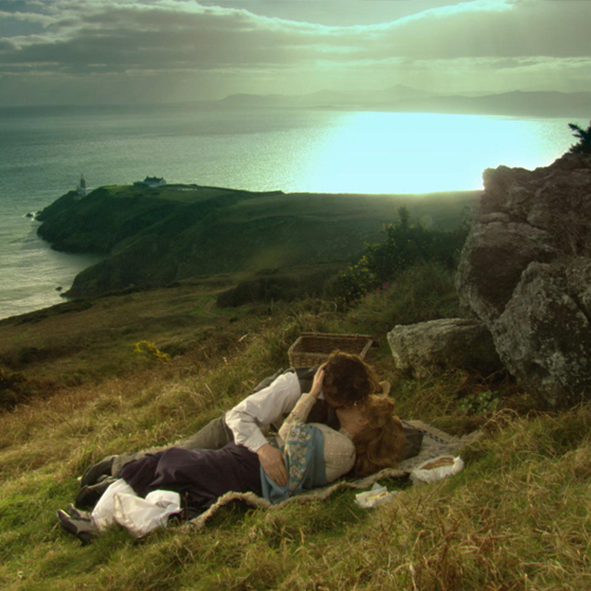 Their marriage disintegrating, Leopold and Molly Bloom remember when they were in love and picnicked on Howth Head. They vividly remember Molly feeding Bloom a seedcake. (Joyce considered this sensual, but the visual image is of a bird feeding its young.) Bloom and...
Their marriage disintegrating, Leopold and Molly Bloom remember when they were in love and picnicked on Howth Head. They vividly remember Molly feeding Bloom a seedcake. (Joyce considered this sensual, but the visual image is of a bird feeding its young.) Bloom and...
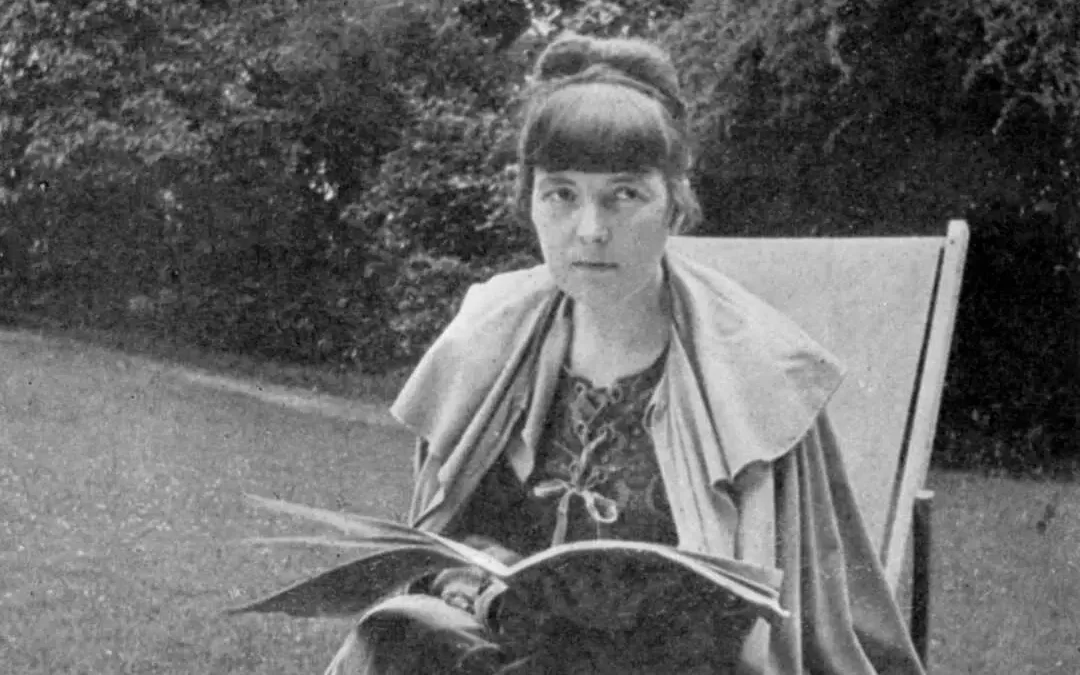 Mansfield’s “The Garden Party” describes the Sheridan family’s Wellington, New Zealand, summer picnic garden party. The day is early summer, the weather ideal, the air warm and windless, and the blue sky has a veil of gold: “They could...
Mansfield’s “The Garden Party” describes the Sheridan family’s Wellington, New Zealand, summer picnic garden party. The day is early summer, the weather ideal, the air warm and windless, and the blue sky has a veil of gold: “They could...
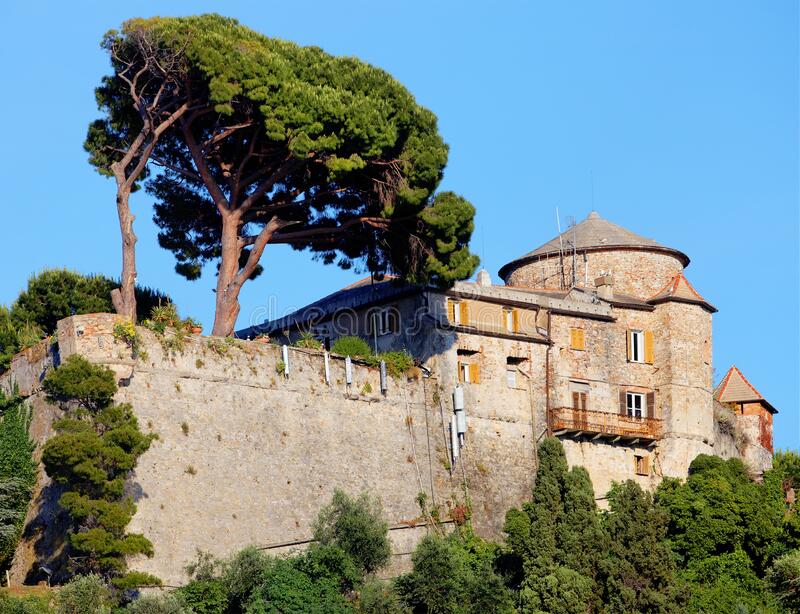 There is no picnic in von Arnim’s The Enchanted April. When the narrative ends, the four women vacationing at San Salvatore pack up and leave for London. But Mike Newell’s film ends with a picnic. For a discussion, see Picnicsonfilm.org. See Elizabeth von...
There is no picnic in von Arnim’s The Enchanted April. When the narrative ends, the four women vacationing at San Salvatore pack up and leave for London. But Mike Newell’s film ends with a picnic. For a discussion, see Picnicsonfilm.org. See Elizabeth von...
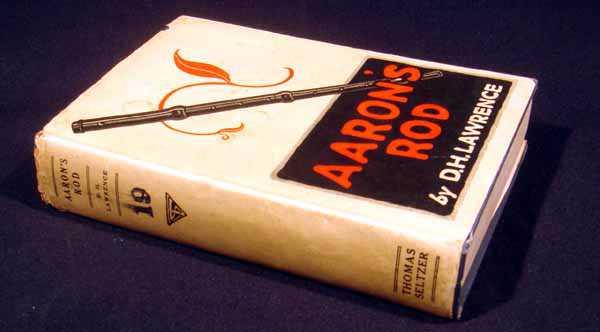 Aaron Sissons, the protagonist of Lawrence’s Aaron’s Rod, leaves his wife and three young children to find himself. He’s unsuccessful. The “rod” is his flute, which he plays well enough to earn a modest living. It is also a pun on his...
Aaron Sissons, the protagonist of Lawrence’s Aaron’s Rod, leaves his wife and three young children to find himself. He’s unsuccessful. The “rod” is his flute, which he plays well enough to earn a modest living. It is also a pun on his...
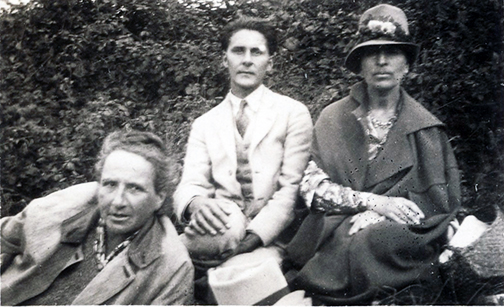 Stein is a demanding writer, especially when she experimented with eliminating adjectives, imagery, and grammar. She argued that you either got her meaning or you didn’t. The results were hit or miss. They still are. Ben Hecht reviewing Geography and Plays...
Stein is a demanding writer, especially when she experimented with eliminating adjectives, imagery, and grammar. She argued that you either got her meaning or you didn’t. The results were hit or miss. They still are. Ben Hecht reviewing Geography and Plays...
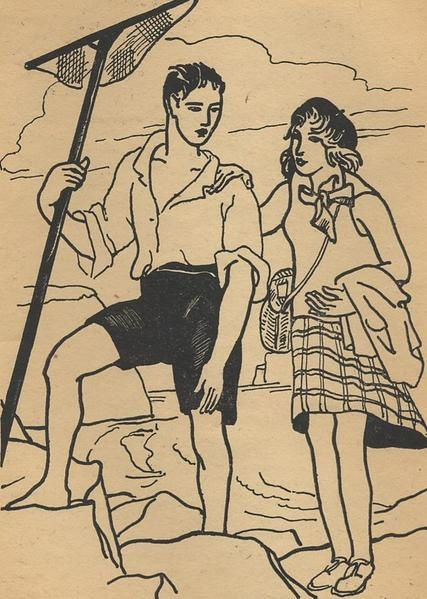 It’s a momentous picnic for a young couple to understand they are courting in Colette’s The Ripening Seed. With the summer half gone, Phil Adebert (sixteen and a half) and Vinca Ferret (fifteen and a half) pack their picnic baskets and walk down the rocky cliffs like...
It’s a momentous picnic for a young couple to understand they are courting in Colette’s The Ripening Seed. With the summer half gone, Phil Adebert (sixteen and a half) and Vinca Ferret (fifteen and a half) pack their picnic baskets and walk down the rocky cliffs like...
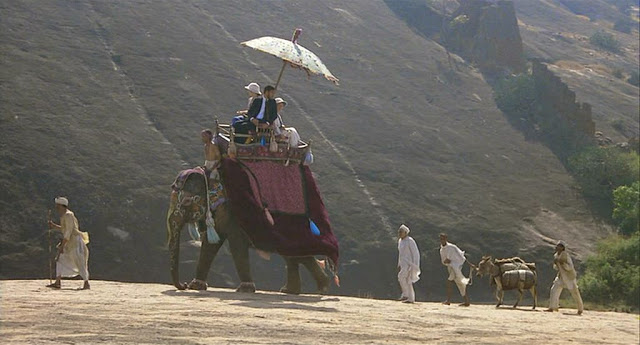 The Caves” section A Passage to India is an extended metaphor for the irreconcilability of the English and the Indians in India. The excursion to the Barabar Caves is a series of miscues, misunderstandings, and failed friendships between Dr. Aziz, Mrs. Moore,...
The Caves” section A Passage to India is an extended metaphor for the irreconcilability of the English and the Indians in India. The excursion to the Barabar Caves is a series of miscues, misunderstandings, and failed friendships between Dr. Aziz, Mrs. Moore,...
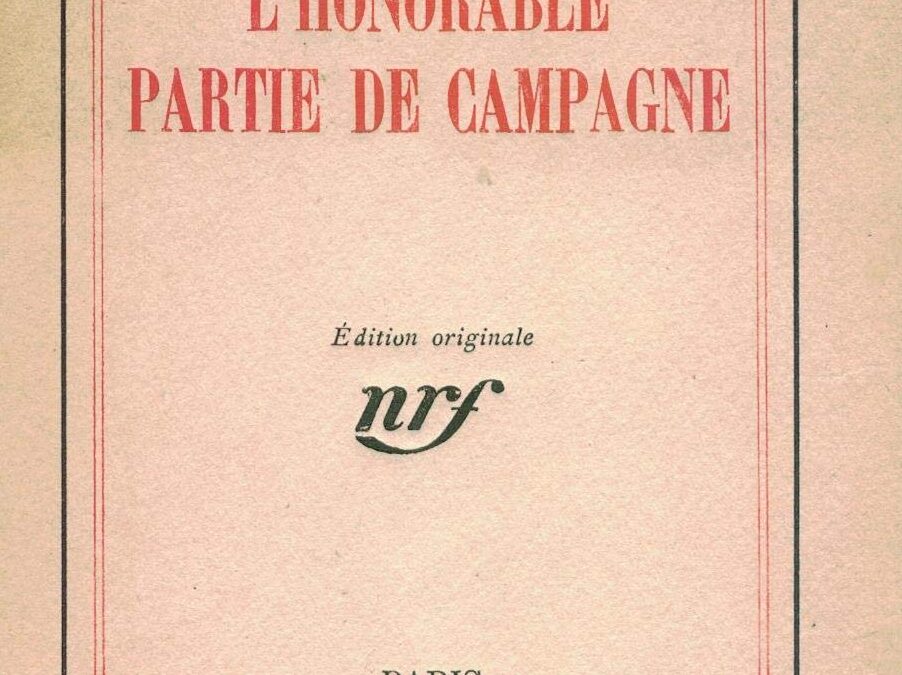 Raucat’s The Honourable Picnic begins during hanami in and “Through all its length, the lane of cherry trees was an inspiring picture. Great trees all rosy and white as far as you could see, more brilliant than you would ever imagine. They fairly burn your...
Raucat’s The Honourable Picnic begins during hanami in and “Through all its length, the lane of cherry trees was an inspiring picture. Great trees all rosy and white as far as you could see, more brilliant than you would ever imagine. They fairly burn your...
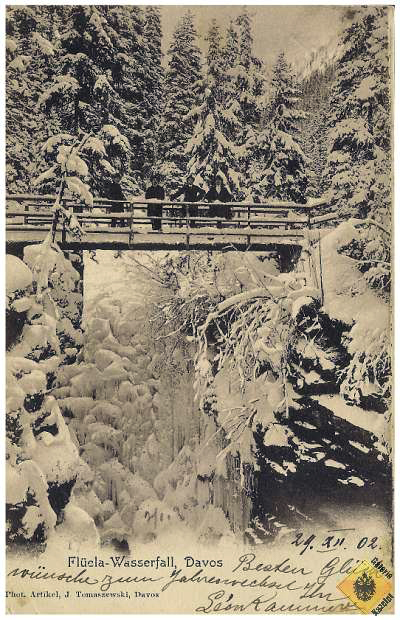 The Flüela Falls picnic is staged in May, a traditional month of spiritual renewal, but in this instance, Pieter Peeperkorn plans to announce his impending suicide. Peppercorn has invited his closest friends at the tuberculosis sanitarium in Davos: Hans Castorp,...
The Flüela Falls picnic is staged in May, a traditional month of spiritual renewal, but in this instance, Pieter Peeperkorn plans to announce his impending suicide. Peppercorn has invited his closest friends at the tuberculosis sanitarium in Davos: Hans Castorp,...
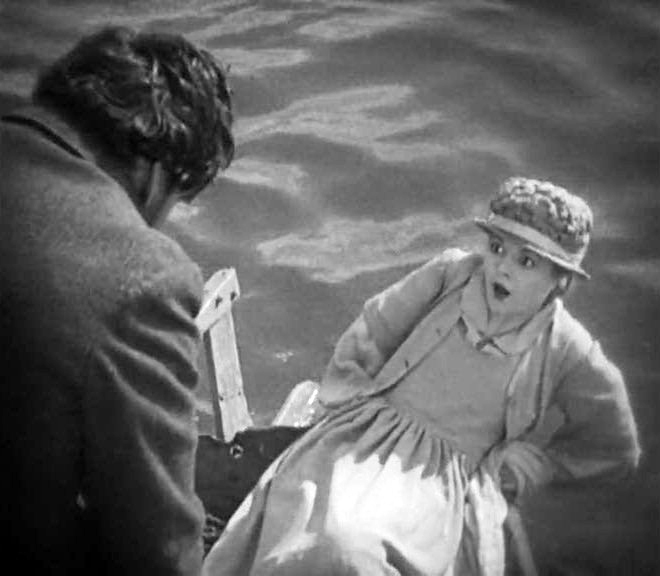 Dreiser’s picnic is hellish. It’s an expression of his dark view of humanity, like Zola’s proposition that when people succumb to the “fatalities of their flesh,” they are, and a sordid picnic is the “cataclysmic” center of An...
Dreiser’s picnic is hellish. It’s an expression of his dark view of humanity, like Zola’s proposition that when people succumb to the “fatalities of their flesh,” they are, and a sordid picnic is the “cataclysmic” center of An...











